This could be the real reason why the Windows Phone 8 Hubs got decoupled
4 min. read
Updated on
Read our disclosure page to find out how can you help MSPoweruser sustain the editorial team Read more
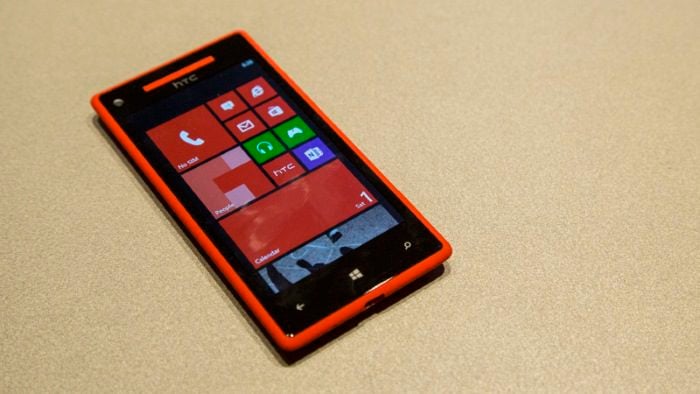
I have written many words about the decoupling of hubs from the OS and why they made no sense. I still think they make no sense from a consumer perspective, however, I think I understand what Microsoft is going for here.
It’s not for the faster updates
That’s one. The most common reason given for the decoupling of the hubs from the system OS is that it allows for faster OS updates. My personal theory is that if an argument doesn’t agree with reality, I am free to discard it. This theory does not agree with the reality. Consider that games, music, podcasts and video apps have been decoupled and lost stability . Because of this, there had been a great amount of public critique from many corners. Now, how many updates did the decoupled apps receive? Windows Phone users using the Preview for Developers program can attest that the OS has received more updates than for example, the calendar app. Furthermore the music app for one still struggles with stability on several devices while managing to work better on others. In the end, all fast updates can do is to bring it back to where it was before. What does that tell you?
For me, it’s that updateability is not the point.
Then what is the point?
Go back a second. Remember what I said about the apps being less than stellar once decoupled, that’s because the apps are made with the normal dev tools that other third-party devs use. I have heard from someone who works at Microsoft that a lot of people are unhappy with the current situation, but it has to be done. Why?
Because third-party apps run crappily in comparison to system apps.
That is not a good state of affairs and in fact encourages users to spend more time in the native apps and less time in store apps, leading to less investment in the store and fewer apps overall. To use an anecdote, I downgraded to Windows Phone 8.0 this weekend. I uninstalled every uninstallable app and have been using the phone as is. It’s wonderfully smooth and fast.
Now imagine if every app was as fast as the native hubs.
That is what I believe, Microsoft’s target and ultimate goal for Windows 10 is.
The plan was not to slow the whole OS down, but to “dogfood” and improve their own framework…
That is, for non-native apps to have indistinguishable performance from native apps. The plan was of course not to slow the whole OS down, but to “dogfood” and improve their own framework, so that they will be ready and mature when Windows 10 comes along.
That will mean every app runs faster and better and loading and resuming screens will be gone from the OS effectively. It is a lofty ambition, one that will be great for both users and developers if it were to bear fruit. It all boils down to Windows 10 and what Microsoft would deliver with it.
In that case, Windows 10 has got to be stellar.
This is not to say I approve of this very public (and expensive for 930 users) beta test. It is extremely poor planning and could very well serve to alienate a large number of their consumer base before Windows 10 releases this time next year.
A lot hinges on Windows 10 to salvage Windows Phone as I’ve said before, if the initiative fails, then Microsoft is dead in mobile and the consumer market at large as Google and Apple vacuum up all the developers. This doesn’t have to be. The ball is firmly in the court of Redmond.
On the other hand, I could be very very very wrong about this. If you have a different opinion please feel free to make yourself heard in the comments below or via email.

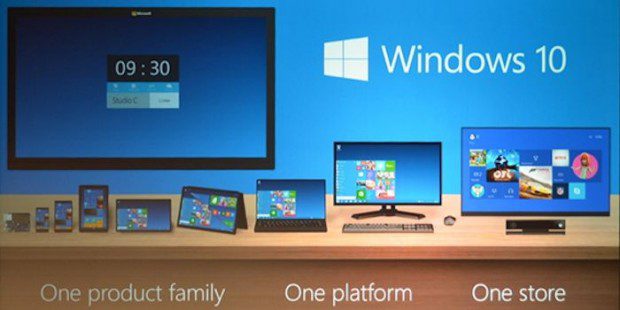



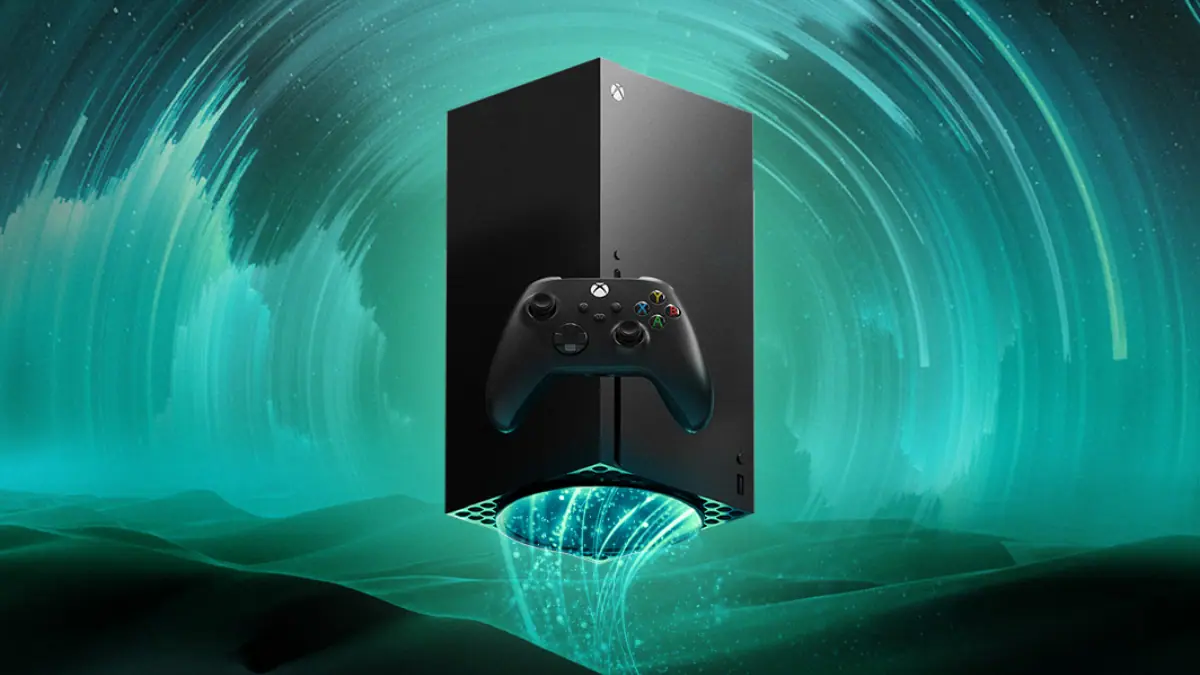


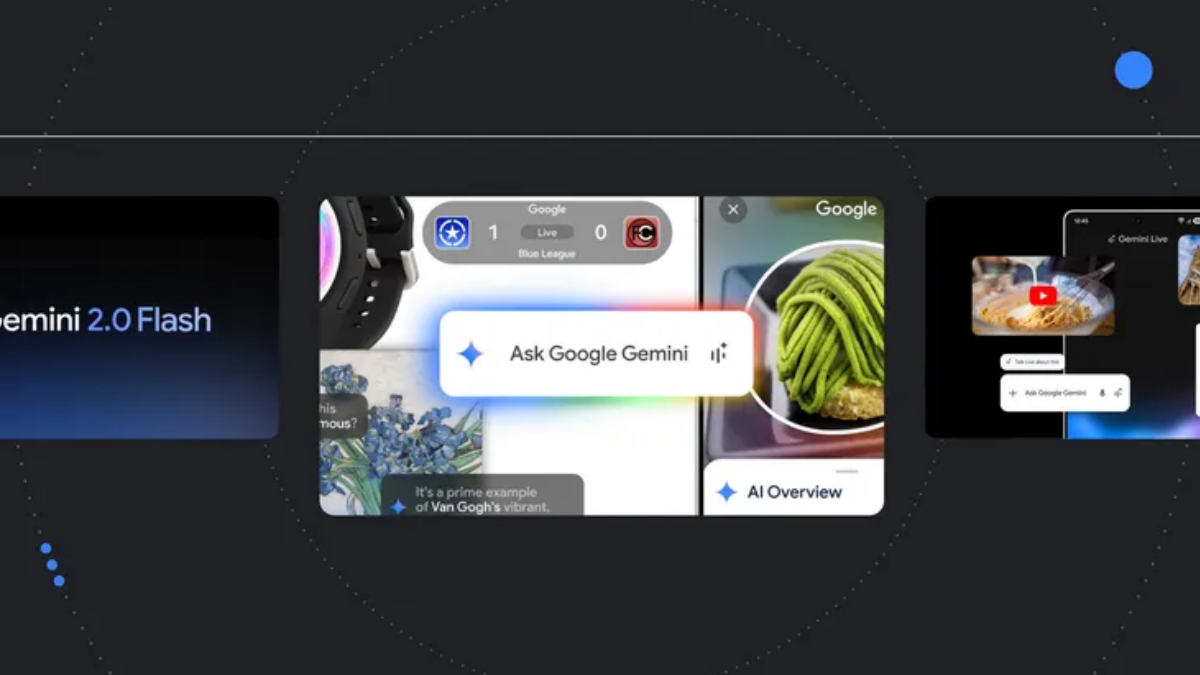
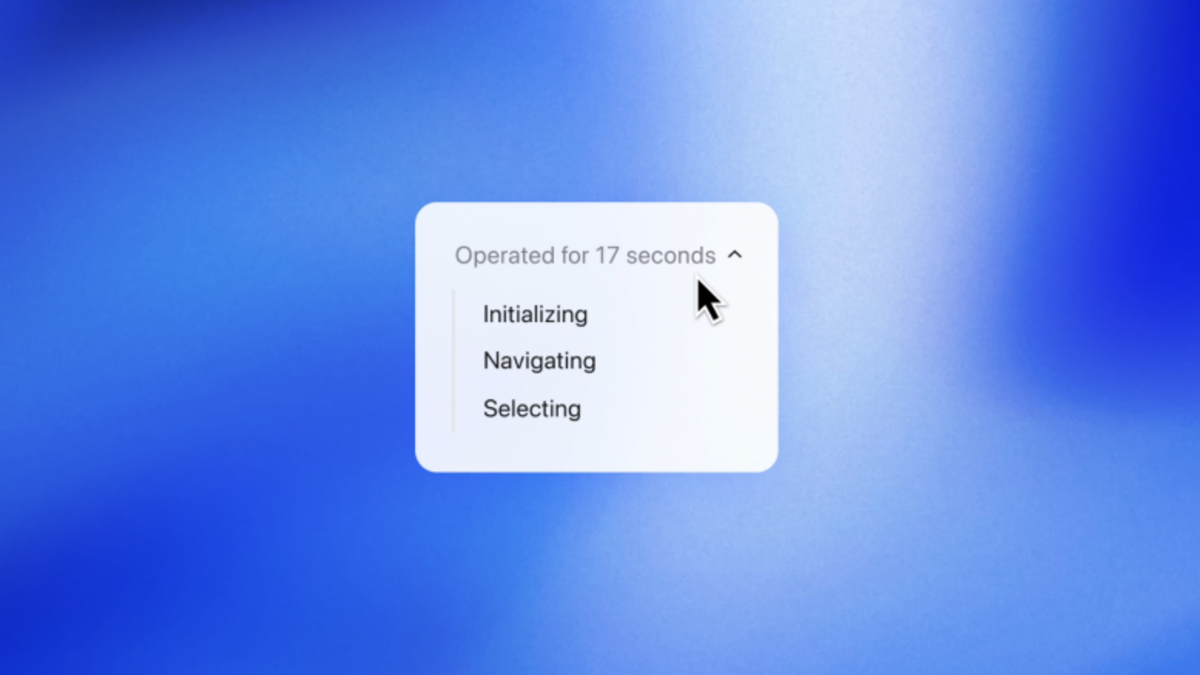
User forum
0 messages